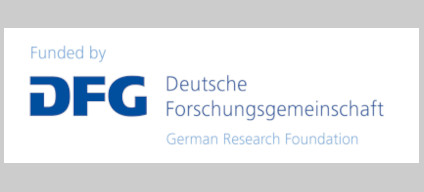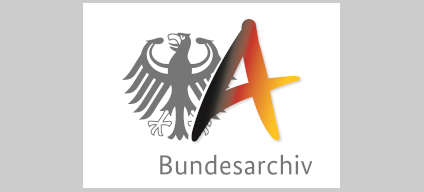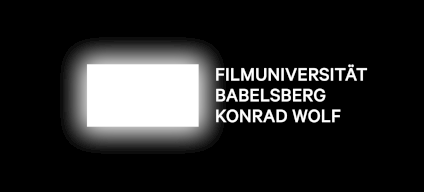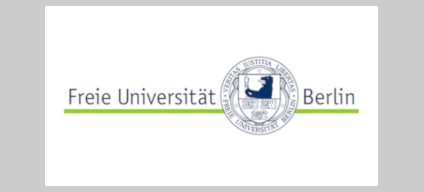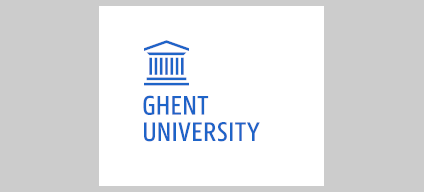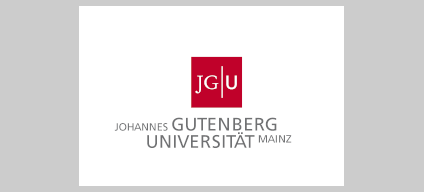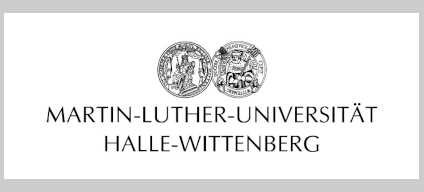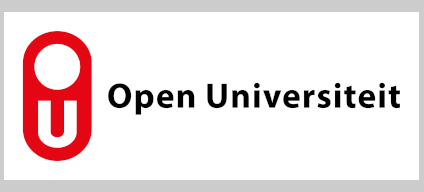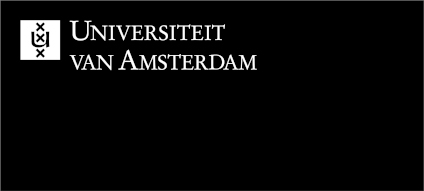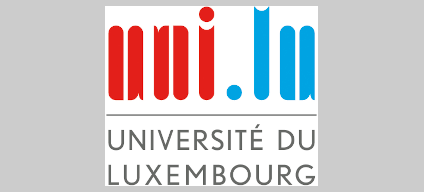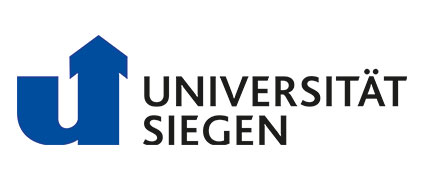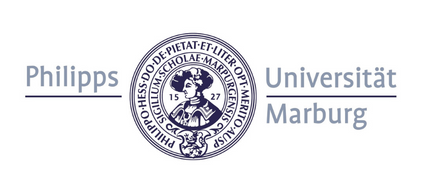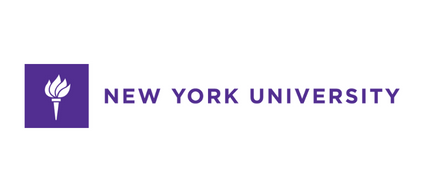Main Content
Tim van der Heijden

Affiliation & Contact
Open University
E-Mail: tim.vanderheijden[at]ou.nl
Twitter: tvanderheijden
Research Areas
Amateur Film, Media History, Digital Historiography, Digital Hermeneutics, Experimental Media Archaeology
Biography
Dr. Tim van der Heijden is a media historian with a special interest in the history of amateur media technologies and practices. He holds a Ph.D in media history from Maastricht University, an M.A. in media studies (research-master) from the University of Amsterdam, and a B.A. in cultural studies from Erasmus University Rotterdam. His dissertation 'Hybrid Histories: Technologies of Memory and the Cultural Dynamics of Home Movies, 1895-2005' explores the home movie as a twentieth-century family memory practice from a long-term historical perspective. Specifically, it investigates how changes in technologies of memory (from film via video to digital media) have shaped new forms of home movie making and screening. It was written in the context of the research project Changing Platforms of Ritualized Memory Practices: The Cultural Dynamics of Home Movies (2012-2016), funded by the Netherlands Organization for Scientific Research (NWO). In April 2017, he started working at the Luxembourg Centre for Contemporary and Digital History (C²DH) of the University of Luxembourg as a post-doctoral researcher and coordinator of the Doctoral Training Unit (DTU) 'Digital History and Hermeneutics', an interdisciplinary digital history project funded by the Luxembourg National Research Fund (FNR). From September 2019 until July 2021 he worked as a postdoctoral researcher within the FNR-funded project Doing Experimental Media Archaeology: Practice and Theory (DEMA). In July 2021, he started a position as Assistant Professor at the Faculty of Humanities of the Open University in the Netherlands. Van der Heijden has published on the history of home movies, amateur film, dispositif, hybridity, digital hermeneutics, and technostalgia, among others, in NECSUS: European Journal of Media Studies, DHQ: Digital Humanities Quarterly and TMG: Journal for Media History.
Profile (Faculty of Humanities, Open University, Netherlands)
Current Research Projects
Doing Experimental Media Archaeology: Practice & Theory
This project aims to study the potential of hands-on experimentation so as to better understand and experience the materiality of old media technologies and their practices of use. It will provide a systematic reflection on the methodological underpinnings of experimental media archaeology as a practical and sensorial approach to media historiography.
Doctoral Training Unit (DTU) Digital History and Hermeneutics
The Digital History & Hermeneutics Doctoral Training Unit (DTU) is a four-year interdisciplinary research and training programme funded by the Luxembourg National Research Fund (FNR) based on the concept of “digital hermeneutics”. This is defined as the critical and self-reflexive use of digital tools and technologies, the testing of analytical assumptions and the production of sophisticated scientific interpretations. The DTU offers a training environment for 13 PhD students, including historians, philosophers, computer scientists, geographers and information and data scientists as well as experts in human-computer interaction. For more info, see: dhh.uni.
Network-related Publications (selection)
◦ Van der Heijden, T. (2018). “Hybrid Amateur Media Dispositifs: Historicizing Periods of Transition in Home Movie Practices”. In: S.I. Aasman, A. Fickers & J.C.M. Wachelder (eds.) Changing Platforms of Mediated Memory Practices: Dispositifs, Generations, Amateurs. New York: Bloomsbury Academic, pp. 35-50.
◦ Van der Heijden, T. (2018). Hybrid Histories: Technologies of Memory and the Cultural Dynamics of Home Movies, 1895-2005. PhD dissertation. Maastricht: Maastricht University.
◦ Van der Heijden, T. (2015). ‘Technostalgia of the Present: From Technologies of Memory to a Memory of Technologies’. In: NECSUS. European Journal of Media Studies, 4 (2), pp. 103-121.
